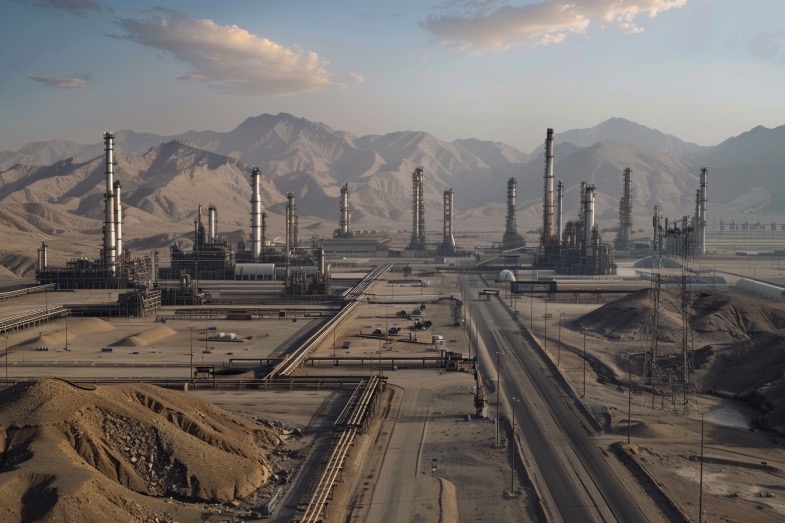US Strikes Deportation Deals with Honduras and Uganda
In a bold move to tackle illegal immigration, the US has finalized bilateral deportation agreements with Honduras and Uganda, according to documents obtained by CBS, the BBC’s US partner.
Uganda Steps Up
Uganda has agreed to accept an unspecified number of African and Asian migrants who sought asylum at the US-Mexico border. Meanwhile, Honduras is set to take in hundreds of deported individuals from Spanish-speaking nations, as reported by CBS.
Controversial Push
The Trump administration’s push to have more countries accept deported migrants, even if they are not their own citizens, has sparked criticism from human rights activists. There are concerns that migrants could face harm in their designated countries.
Details of the Agreements
Under the terms, Uganda will only accept deported migrants with no criminal backgrounds, although the final number remains unclear. Honduras, on the other hand, will take in deported individuals, including families with children, over a two-year period.
Global Outreach
The US has been actively seeking deportation agreements with countries across different continents, including those with questionable human rights records. Several nations have already agreed to take in deported migrants from other countries.
Rwanda in the Mix
Rwanda recently announced its willingness to accept up to 250 migrants from the US, with the condition that each individual must be approved for resettlement. However, concerns have been raised about Rwanda’s own human rights record and the potential risks faced by migrants.
Legal Challenges
The Trump administration’s efforts to deport undocumented migrants have faced legal challenges, with the US Supreme Court recently allowing deportations to countries other than the migrants’ homeland. Critics argue that such actions could violate international law.
Global Response
As the US continues its deportation drive, countries like Panama, Costa Rica, Ecuador, and Spain have also been approached to accept deported migrants. The controversial policy remains a focal point of Trump’s second term agenda.



